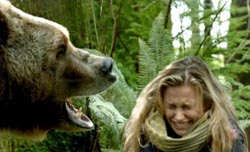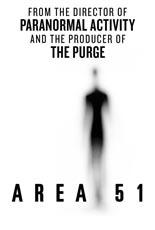
 Given Area 51’s title and creative pedigree, there’s no question of if aliens will be seen, but how long, and will the wait be merited? The short answer is “no,” which you might have guessed to judge from the film’s six-year sit on the Paramount Pictures shelf. The sci-fi/horror hybrid marks one of the more significant sophomore slumps for a 21st-century director — in this case, Oren Peli, creator of the record-shattering smash Paranormal Activity. Even with audience expectations calibrated to realistic levels, Area 51 emerges as a close encounter of the worst kind.
Given Area 51’s title and creative pedigree, there’s no question of if aliens will be seen, but how long, and will the wait be merited? The short answer is “no,” which you might have guessed to judge from the film’s six-year sit on the Paramount Pictures shelf. The sci-fi/horror hybrid marks one of the more significant sophomore slumps for a 21st-century director — in this case, Oren Peli, creator of the record-shattering smash Paranormal Activity. Even with audience expectations calibrated to realistic levels, Area 51 emerges as a close encounter of the worst kind.
The movie finds Peli again toiling in found footage (whose second wave he ushered in with his 2007 from-nowhere debut), as an otherwise seemingly intelligent young man named Reid (unknown Reid Warner) ropes in his two best buds to embark on a ridiculous quest to break into Nevada’s titular U.S. Air Force base, long rumored to house proof of extraterrestrial life. Exercising an unhealthy obsession with UFOs and their related government conspiracies, Reid is the kind of anomalistic kid who earns straight As in school, yet treats The X-Files as something of a documentary.
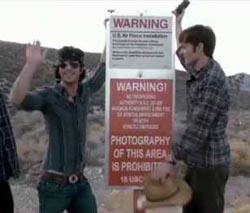 Peli does his follow-up film no favors by telling us right away that Reid has vanished; we guess his fate (correctly, because it’s the most obvious choice) nearly 90 minutes before Area 51 gets around to it — and with some laughably bad CGI effects that ruin any illusion of the subgenre’s authenticity. As in the creditless Paranormal Activity, Peli painstakingly goes for that facade, which is the only legitimate reason we’d willingly watch so much of a movie through the limited, circular frame of night-vision goggles.
Peli does his follow-up film no favors by telling us right away that Reid has vanished; we guess his fate (correctly, because it’s the most obvious choice) nearly 90 minutes before Area 51 gets around to it — and with some laughably bad CGI effects that ruin any illusion of the subgenre’s authenticity. As in the creditless Paranormal Activity, Peli painstakingly goes for that facade, which is the only legitimate reason we’d willingly watch so much of a movie through the limited, circular frame of night-vision goggles.
The main reason Paranormal clicked, I think, is because Peli really dug into our universal vulnerability while in a state of sleep; even if you found them annoying, Katie and Micah could have been you or I. Area 51 has no such relatability; it clicks only when you turn it off. Its measure as a disappointment cannot be overstated, as the project not at all boldly goes where every alien-conspiracy picture (and TV series) has gone before. —Rod Lott

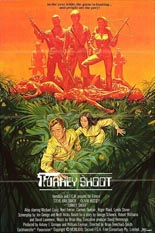
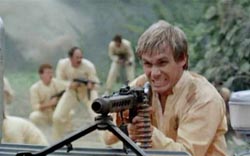

 Rey Ciso, the editor of
Rey Ciso, the editor of 
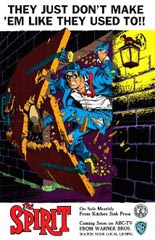
 Seven years after breaking big in/as
Seven years after breaking big in/as 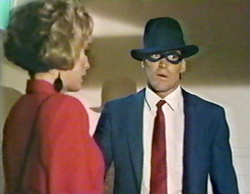
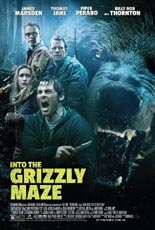
 Seven years after fleeing his Alaskan hometown, prodigal son Rowan (James Marsden,
Seven years after fleeing his Alaskan hometown, prodigal son Rowan (James Marsden, 